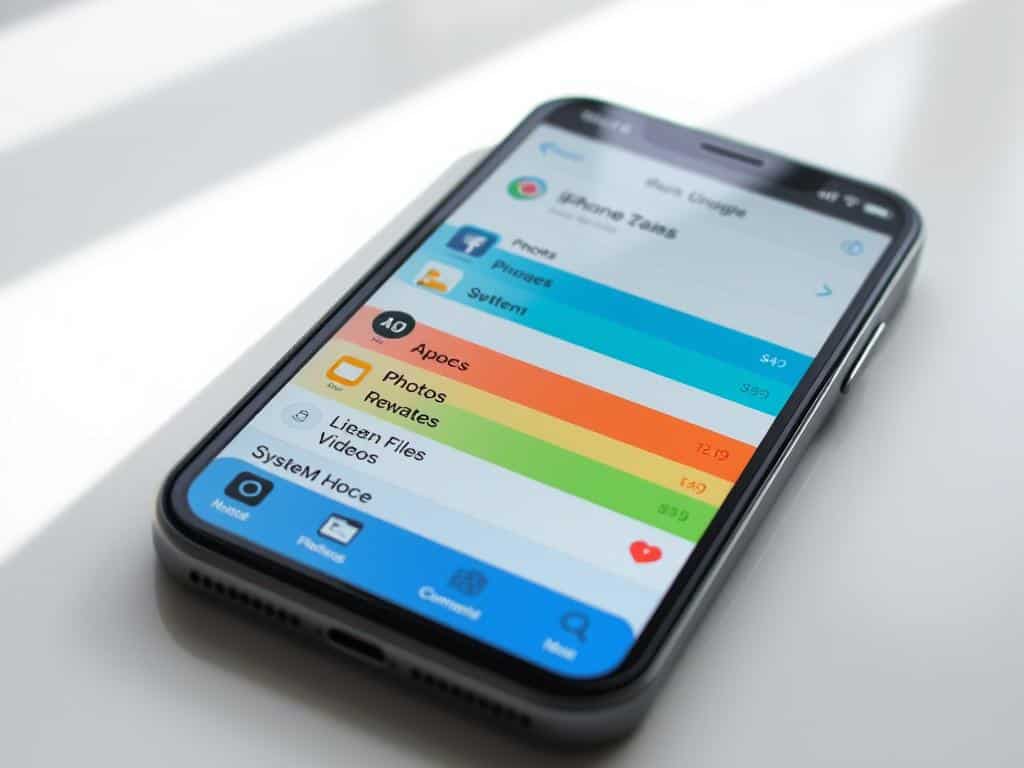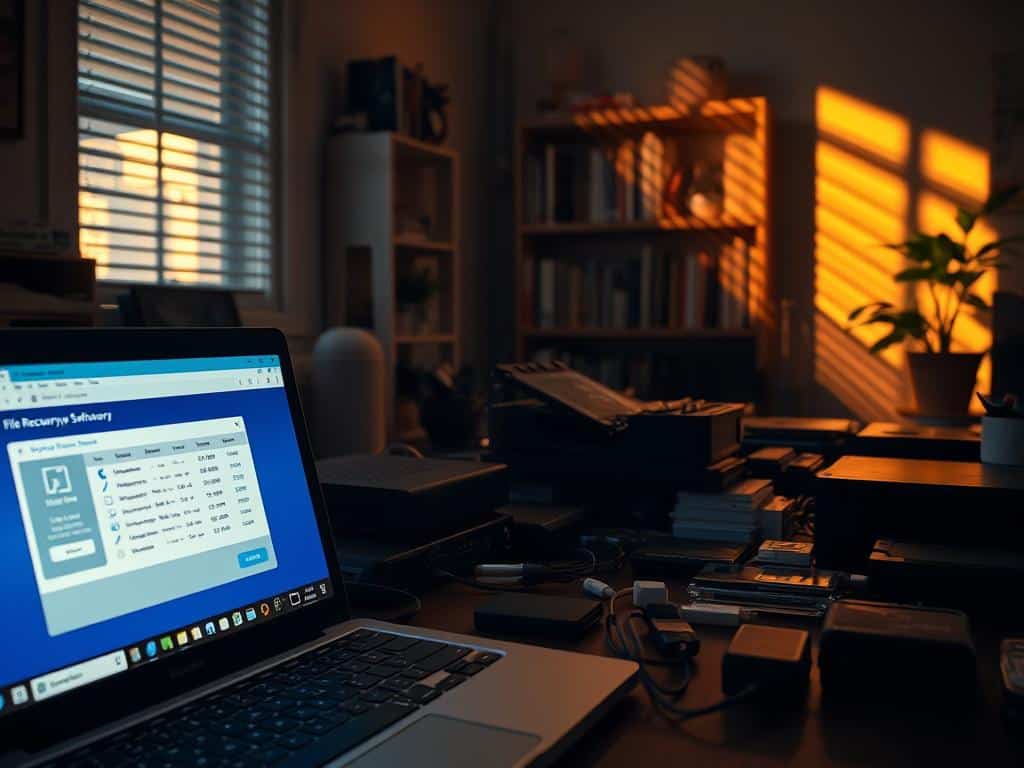Did you know that 80% of data breaches could be prevented with simple steps like strong passwords and updates? In today’s world, where 43% of cyber attacks hit small businesses, it’s key to know how to stay safe online. This protects my personal and financial info from hackers and scammers.
With the right safe browsing tips, I can greatly reduce the chance of unauthorized access. Studies show that 2-Step Verification can stop up to 99.9% of automated attacks. This shows how important it is to be proactive about online safety. By sharing less personal info, using strong passwords, and using privacy settings, I can boost my online security and avoid risks. This article will show me the top ten security tips for staying safe online.
Key Takeaways
- 80% of data breaches could be avoided with basic security measures.
- Using unique passwords is key; 60% of users reuse passwords across accounts.
- 2-Step Verification effectively blocks 99.9% of automated attacks.
- 43% of cyber attacks target small businesses, showing the need for strong online security.
- Regular software updates can greatly improve my online safety.
Essential Security Measures for Safe Browsing Tips
To stay safe online, it’s key to take important steps. Keeping personal info limited is a big one. Sharing only what’s needed helps avoid cyber threats.
Many employers only care about your skills, not your personal life. So, there’s no need to share too much.
Keep Personal Information Limited and Professional
It’s important to keep personal info to a minimum online. This way, you’re less likely to fall victim to data breaches or identity theft. About 43% of attacks target small businesses, so protecting your data is critical.
Embrace Privacy Settings
Using privacy settings on social media and browsers is a big help. These settings let you control who sees your info, reducing the risk of unauthorized access. Many websites don’t protect you well without these settings.
Choosing websites with HTTPS is safer. They’re about 80% less likely to be hacked than those with HTTP.
Practice Safe Browsing
Safe browsing is essential today. I avoid shady websites and don’t download from unknown sources. One in three users accidentally download malware, showing why being careful is important.
By trusting my instincts and choosing secure connections, I can browse more safely.
Staying Vigilant Against Online Threats
In today’s world, staying safe online is key. With over 5.44 billion people using the internet, the chance of running into scams and malware is high. It’s important to know how to protect our personal info.
Secure Your Internet Connection with a VPN
Using a VPN is a smart move. It makes your internet connection safe, even on public Wi-Fi. This encryption keeps your data safe from hackers.
Beware of Malware and Suspicious Downloads
Malware is a big threat. Always be careful with downloads. Only get software from trusted sources. One wrong click can lead to big problems, like stolen data.
Strengthen Your Passwords
Strong passwords are a must. Create unique, complex passwords for each account. Around 80% of data breaches happen because of weak passwords. A password manager can help keep these safe.
Be Cautious with Online Purchases
Always check the site’s security before buying online. Look for “https://” in the URL. This ensures your info is protected.
Monitor Your Digital Footprint
Keep an eye on your online presence. Being aware of what you share can prevent identity theft. Phishing attacks cause most data breaches, so stay alert.

Conclusion
Keeping ourselves safe online is a must in today’s world. We spend about seven hours a day online. This article has given us important tips to stay safe while browsing.
Managing our personal info and using safe browsers like Google Chrome and Firefox are key. These steps help keep our digital world safe for us and our families.
Cyber threats are always changing, so we must stay alert. Phishing scams, malware, and ransomware can harm our data and accounts. By following these tips, we can lower our risk of falling prey to these dangers.
It’s also important to keep our browsers up to date. Features like automatic updates and pop-up blockers help protect us from threats.
Protecting our personal info online is a big responsibility. We should regularly check our security, use VPNs, and make strong passwords. By doing these things, we not only keep ourselves safe but also prepare for future cyber threats.



